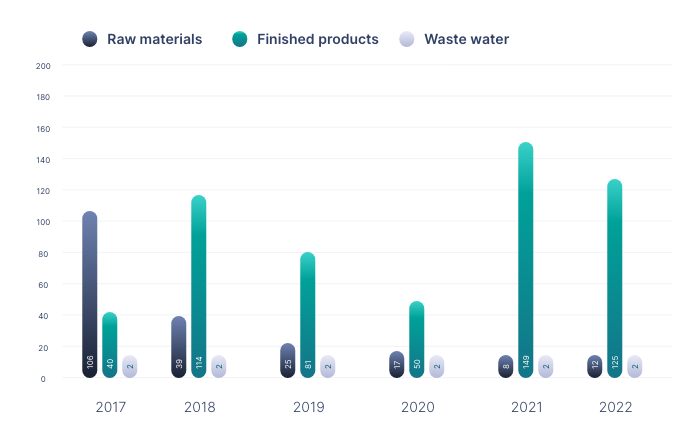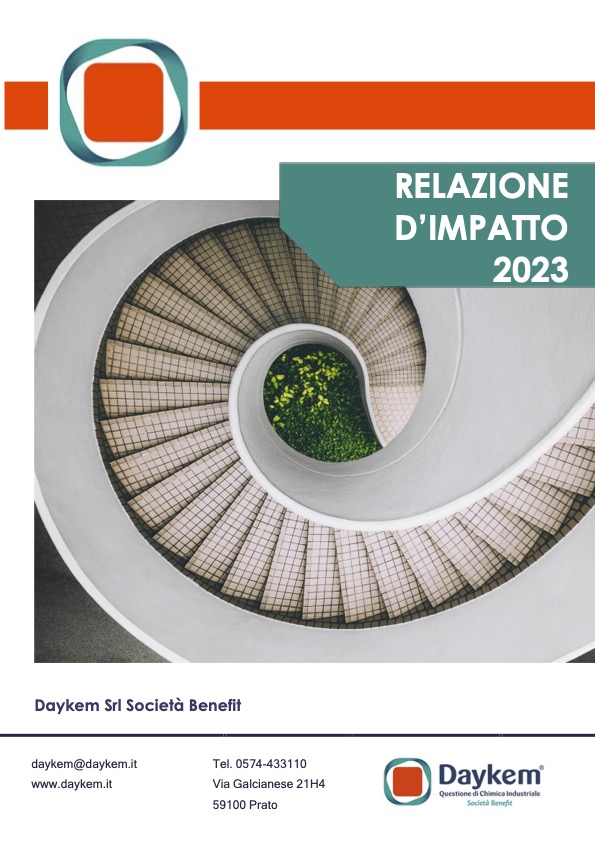SUSTAINABILITY
The foundation of our corporate culture.
COMMITMENT
Code of Ethics
Environmental Protection.
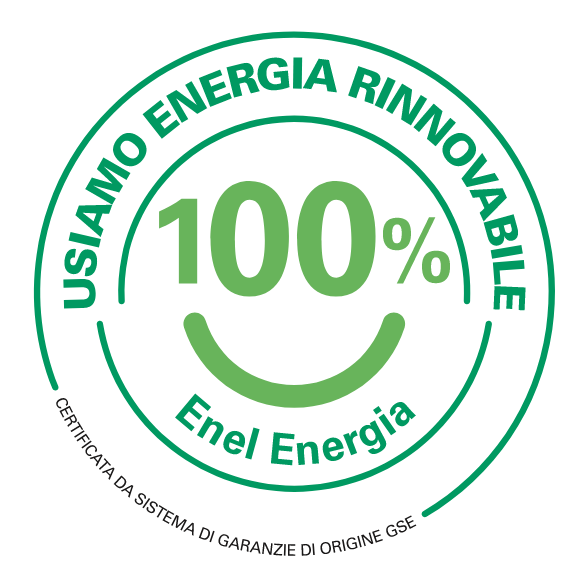
We respect the environment by using only energy produced from renewable sources such as water, sun, wind, and earth’s heat, certified by the ‘guarantees of origin’ system of the energy services manager, in accordance with EC Directive 2009/28/EC.
Certifications
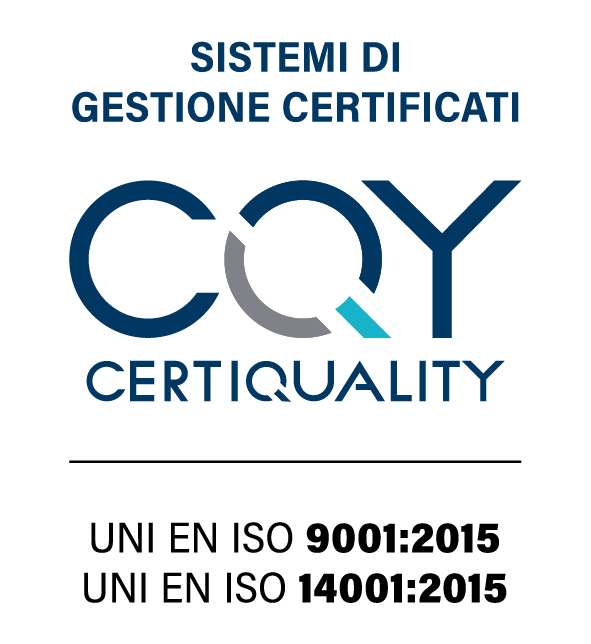
UNI EN ISO 9001:2015
UNI EN ISO 14001:2015
Daykem ensures corporate quality standards according to UNI EN ISO 9001:2015 and UNI EN ISO 14001:2015 at the facility located at Via Galcianese 21 H/4 in Prato, where it engages in the development, production, and marketing of softeners and textile auxiliaries.

GOTS
Since 2015, Daykem has chosen to certify its products according to the GOTS standard, maintaining and updating the certification to the latest applicable standard. The Global Organic Textile Standard ensures that the chemicals used in the textile industry are compliant with the required specifications, through proper evaluation, primarily based on the assessment of toxicological and ecotoxicological characteristics. Daykem has over 80 GOTS-approved products in its range, certified by ICEA, the leading Italian institute for ethical and environmental certification.
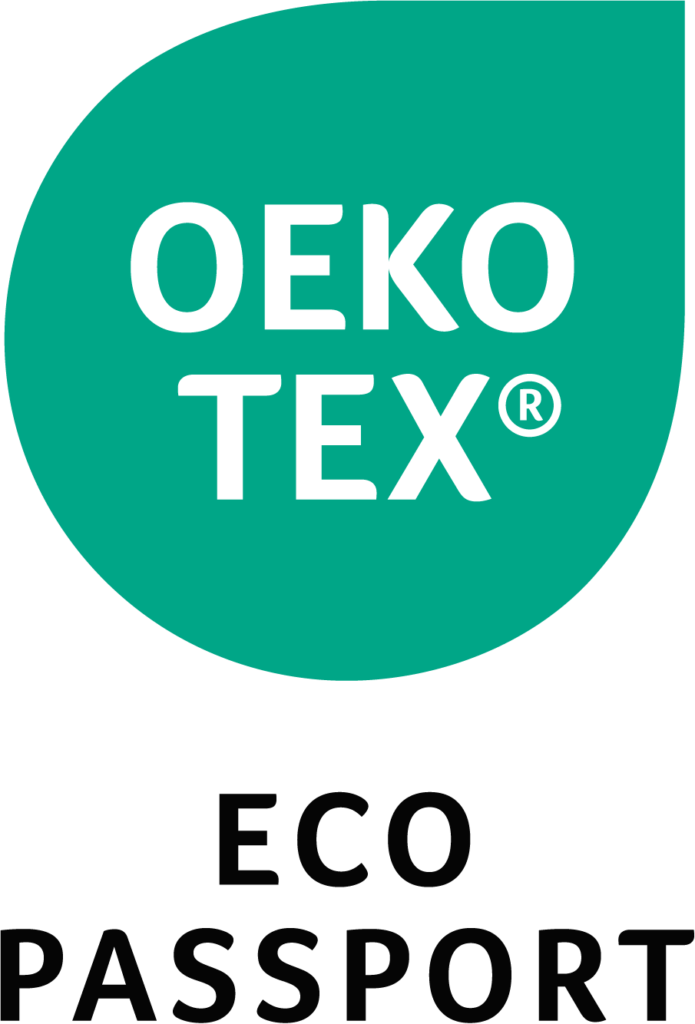
ECO PASSPORT (ZDHC LEVEL 3) BY OEKO-TEX
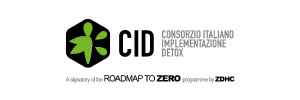
CID – CONSORZIO IMPLEMENTAZIONE DETOX
A febbraio 2016, Daykem ha sottoscritto il “Commitment Detox” (MRSL), promosso da Greenpeace, avviando un importante e impegnativo percorso di miglioramento.
Per saperne di più sulla campagna Detox, visita il sito di Greenpeace.
Condividiamo questo impegno con un gruppo di aziende del distretto tessile di Prato, con il coordinamento di Confindustria Toscana Nord. Questo obiettivo vuole orientare il nostro lavoro nel rispetto dell’ambiente, della salute dei lavoratori e dei consumatori, attraverso prodotti e processi sostenibili.
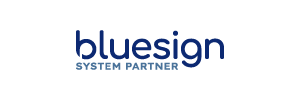
bluesign® SYSTEM PARTNER
bluesign® SYSTEM PARTNERS are responsibly acting parties of the textile value chain committed to applying the bluesign® SYSTEM. They aim to continuously improve their environmental performance and are focused on a sustainable future.
bluesign® SYSTEM PARTNERS are committed to applying the bluesign® SYSTEM which unites the entire textile supply chain to jointly reduce its impact on people and the environment. The Input Stream Management ensures that bluesign® APPROVED chemical products and raw materials are used in all steps of the manufacturing process. Substances posing risks to people and the environment are hence eliminated from the very beginning. On-site inspections verify the proper application of such chemical products and raw materials in controlled processes and ensure the responsible use of resources
PFC ELIMINATION PROGRAM
Detox Project
BENEFIT CORP.
A concret commitment
As a Benefit Corporation, we aim to pursue common benefit purposes and operate in a responsible, sustainable, and transparent manner towards people, communities, territories, and the environment, as well as cultural and social assets, entities, associations, and other stakeholders. Specifically:
- the protection, defense, and safeguarding of nature and the environment, also through the development, promotion, dissemination, and support of the use of renewable or non-polluting energies, and consequently, the improvement of the quality of life and health of people, also by enhancing the production of energy from renewable sources aimed at energy saving and reducing pollutants responsible for environmental degradation;
- the development of a community, strongly integrated into the territory, that is oriented to promote the well-being and inclusion of people and social development, with particular attention to disadvantaged categories, as well as information and awareness towards socially oriented behaviors for the protection of the environment and the sustainable economy, the creation of a positive work environment aimed at enhancing and improving the well-being of people, to develop their operational potential and personal gratification;
- the development and management of specific initiatives for disadvantaged and indigent people, providing direct and indirect support to those in need, also in collaboration with institutions.”
Discover our
products range.
Daykem is a reliable partner capable of meeting any type of need with over 150 formulations compliant with ZDHC3 and GOTS. Each product comes with precise documentation, transparent and with all technical details.

